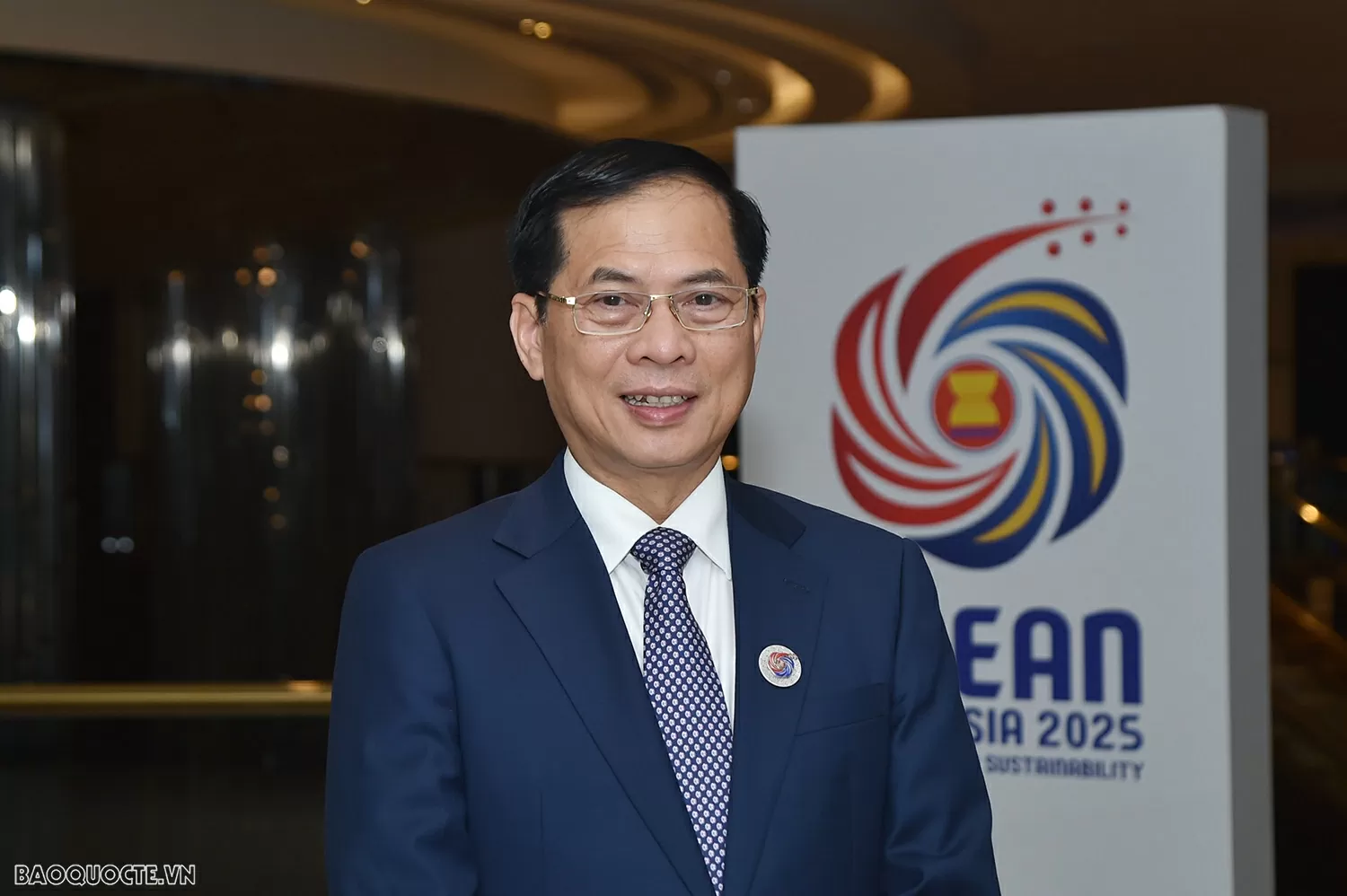 |
| Deputy Prime Minister and Minister Bui Thanh Son answered questions about the results of Prime Minister Pham Minh Chinh 's official visit to Malaysia and his attendance at the 46th ASEAN Summit and related Summits. |
Deputy Prime Minister and Minister of Foreign Affairs Bui Thanh Son, please share the outstanding results of your official visit to Malaysia?
The official visit to Malaysia by Prime Minister Pham Minh Chinh and his wife along with the Vietnamese high-ranking delegation was a great success and achieved many important results. During the visit, the Malaysian Government gave the Prime Minister and his delegation a warm and respectful welcome with the highest ceremony; demonstrating special respect for Vietnam - Malaysia's only comprehensive strategic partner in ASEAN.
The visit aims to implement the foreign policy of the 13th National Party Congress, demonstrating Vietnam's priority in developing relations with neighboring countries and important partners, including Malaysia, in a deeper, more comprehensive, more substantial and more breakthrough manner.
During the visit, Prime Minister Pham Minh Chinh had substantive and effective discussions with senior Malaysian leaders, in which the two sides agreed to establish an annual exchange mechanism between the two Prime Ministers to promptly review and remove difficulties, bringing bilateral cooperation to a level commensurate with the new framework.
The two countries announced the completion of the Action Program to implement the Comprehensive Strategic Partnership for the 2025-2030 period, aiming to sign it this year. The two Prime Ministers also shared views on many regional and international issues, including agreeing to maintain ASEAN's common stance on the East Sea issue.
The two sides agreed on directions to further strengthen connectivity between the two economies; agreed to strive to bring bilateral trade turnover to 20 billion USD by 2030 in a balanced direction; limit the application of trade barriers; facilitate the import and export of goods of both sides with potential and strengths; expand cooperation in the fields of digital economy, circular economy, green economy, equitable energy transition, science and technology, innovation, etc.
The Leaders also agreed to strengthen cooperation in the fields of defense and security and promote the signing of relevant documents to promote cooperation in the fight against transnational crimes, cybercrime, and terrorist and reactionary organizations; agreed to consider establishing a consultation mechanism on maritime issues and establish a hotline against illegal, unreported and unregulated (IUU) fishing.
Agencies and major enterprises of the two countries have actively negotiated, agreed and reached 03 important and breakthrough agreements in the fields of energy cooperation and education and training. Notably, within the framework of the 46th ASEAN Summit, Prime Minister Pham Minh Chinh and the Prime Ministers of Malaysia and Singapore witnessed the signing ceremony of the Appendix to the Development Cooperation Agreement on the export of offshore wind power from Vietnam to Singapore between the Vietnam Oil and Gas Technical Services Corporation (PTSC), MYEC (Malaysia) and Sembcorp (Singapore). This is a major step forward in energy cooperation, not only helping to concretize cooperation programs in line with the renewable energy transition policy of the two countries, but also opening up the prospect of building an ASEAN Common Power Grid.
It can be said that the Prime Minister's official visit to Malaysia was a great success, creating a strong impetus to bring the Vietnam - Malaysia relationship into a new stage of development.
Deputy Prime Minister and Minister of Foreign Affairs, could you please tell us about the results of the 46th ASEAN Summit and related Summits and the contributions of the Vietnamese delegation at the Summits?
The 46th ASEAN Summit and related meetings have just concluded with many memorable milestones. The first milestone was the signing of the Kuala Lumpur Declaration on “ASEAN 2045: Our Common Future” by ASEAN Leaders and the adoption of the ASEAN Community Vision 2045 and four strategies on politics-security, economics, culture-society and connectivity, demonstrating ASEAN’s proactive leadership role in shaping the future of the region, arousing ASEAN’s aspirations for development and strong growth for peace, security, stability and common prosperity.
The second historic milestone is the ASEAN countries’ agreement to admit Timor-Leste as the 11th member of ASEAN next October. This decision marks a new expansion of ASEAN after three decades, demonstrating the spirit of inclusiveness, solidarity and connectivity of the ASEAN Community; not only is it a historic step forward for Timor-Leste, but it is also an opportunity for ASEAN to open up a new space for cooperation and development.
The third highlight of these Summits is the idea of expanding ASEAN's connectivity to adapt to geopolitical and geo-economic fluctuations. Not only consolidating and exploiting the space for investment and trade cooperation within the bloc and with existing partners, ASEAN actively promotes connectivity beyond the region by organizing the ASEAN-GCC Summit and the ASEAN-GCC-China Summit, opening up new opportunities for diversifying partners, markets and supply chains, creating momentum for stronger inter-regional cooperation in the future.
In the overall success of the Conferences, the Vietnamese delegation led by Prime Minister Pham Minh Chinh demonstrated a proactive and responsible spirit and made many practical contributions and breakthrough proposals.
First of all, Vietnam's role with ASEAN in creating a new development mindset based on inclusiveness and sustainability. The Prime Minister's "5 more" message: More united, More self-reliant, More proactive, More inclusive and More sustainable is a comprehensive basis for ASEAN to enhance its collective strength, master the game, and ensure inclusive development for current and future generations.
In the context of complex and unpredictable international and regional developments, ASEAN needs to ensure an independent and autonomous strategic space , consolidate its central role, enhance its capacity to adapt to external fluctuations, and seek stronger and more effective solutions to emerging issues. Science and technology, innovation, digital transformation, and green and sustainable development need to be strongly promoted as new pillars of cooperation, mobilizing comprehensive resources from both the public and private sectors, and jointly developing regional ideas and initiatives.
In the face of increasing fragmentation and separation, the Prime Minister suggested that ASEAN and its partners promote dialogue, build trust, strengthen multilateralism, and support the principles of free, fair, inclusive, and rule-based trade. ASEAN needs to promote its strategic connectivity role based on the existing FTA network, shape the ASEAN-GCC and ASEAN-GCC-China inter-regional cooperation model, and continue to replicate this model with other potential partners.
Accordingly, the Prime Minister made many proposals to promote the ASEAN-GCC and ASEAN-GCC-China relations in a substantive manner, suggesting focusing on trade and investment cooperation and supply chain linkages, early signing of the ASEAN-GCC Free Trade Agreement and considering the possibility of building an ASEAN-GCC-China Free Trade Agreement. The Prime Minister also suggested giving high priority to potential and breakthrough areas such as renewable energy, smart agriculture, sustainable infrastructure, green technology development, aviation cooperation, tourism and building a strong financial connection network between major regional centers, creating a launching pad for inter-regional cooperation to break through in the future.
It can be said that Vietnam's messages and contributions at the Conference have contributed to spreading innovative thinking in ASEAN, continuing to affirm Vietnam's proactive, positive and responsible role in creating a stable and sustainable development future for the region.
Could the Deputy Prime Minister please tell us the main results of the bilateral meetings between the Vietnamese delegation and other countries and partners on this occasion?
On the occasion of attending the 46th ASEAN Summit and the ASEAN-Gulf Cooperation Council (GCC)-China Summit in Kuala Lumpur, Prime Minister Pham Minh Chinh and Government leaders met and interacted with senior leaders of many neighboring countries, strategic partners and important partners. Leaders of these countries and partners all emphasized the message of valuing Vietnam's role and position in the international arena, highly appreciating the policy of harmonious and sustainable development and strategic breakthroughs in institutions, science and technology, infrastructure and human resources, considering these as valuable cooperation opportunities and experiences in the current challenging context.
At the talks with the Chinese Prime Minister, the two sides highly appreciated the historical significance of the recent visit to Vietnam by General Secretary and President Xi Jinping; focused efforts on effectively implementing the common perception between the top leaders of the two Parties and two countries; enhanced high-level strategic exchanges, consolidated political trust, promoted substantive cooperation to achieve concrete progress, especially in trade, high-quality investment, railway connection, determined to start construction of the Lao Cai-Hanoi-Hai Phong route in 2025; continued to closely coordinate with ASEAN countries to maintain peace and stability in the region, and promote the early achievement of an effective and substantive COC in accordance with international law and the 1982 UNCLOS.
In the exchange with the leaders of Laos and Cambodia, the three Prime Ministers agreed on many important orientations to implement the results of the meeting of the three heads of the three parties (February 2025), bringing about a real qualitative change in cooperation between the three countries, creating a new development space, especially connecting in five major areas: transport infrastructure, energy, trade, digital transformation, and human resources.
Prime Minister Pham Minh Chinh and ASEAN leaders also discussed in depth measures to strengthen economic, trade, investment, security-defense, culture-education, and tourism relations, while emphasizing the priority of expanding cooperation into new, potential areas such as infrastructure connectivity, green transformation, circular economy, semiconductors, and artificial intelligence.
With the GCC, the two sides shared the need to expand the network of partnership frameworks and soon launch negotiations on Vietnam's Free Trade Agreement with the region, further facilitating cooperation in energy, infrastructure, digital transformation, Halal products and services.
It can be said that the important results achieved from the above bilateral meetings have spread the message of a dynamic, innovative, integrated and strongly growing Vietnam, opening up favorable premises and momentum to bring the relationship between Vietnam and its partners into greater depth, substance and effectiveness in the coming time.
Source: https://baoquocte.vn/pho-thu-tuong-bo-truong-bui-thanh-son-tra-loi-phong-van-ve-ket-qua-chuyen-cong-toc-cua-thu-tuong-chinh-phu-pham-minh-chinh-toi-malaysia-315787.html




![[Photo] Prime Minister Pham Minh Chinh receives leaders of Excelerate Energy Group](https://vphoto.vietnam.vn/thumb/1200x675/vietnam/resource/IMAGE/2025/5/29/c1fbe073230443d0a5aae0bc264d07fe)
![[Photo] Vietnamese and Hungarian leaders attend the opening of the exhibition by photographer Bozoky Dezso](https://vphoto.vietnam.vn/thumb/1200x675/vietnam/resource/IMAGE/2025/5/29/94d8ceca5db14af3bf31285551ae4bb3)
![[Photo] Prime Minister Pham Minh Chinh meets with Hungarian President Sulyok Tamas](https://vphoto.vietnam.vn/thumb/1200x675/vietnam/resource/IMAGE/2025/5/29/dbcaa73e92ea4448a03fe1d0de6d68e8)

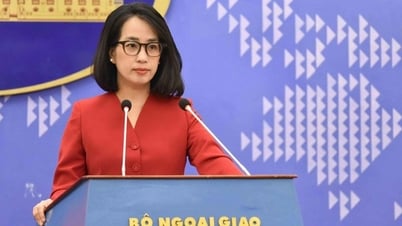

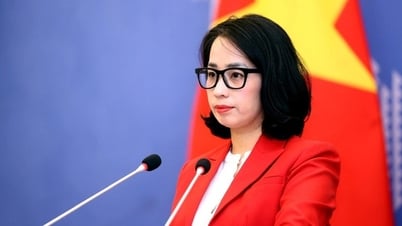
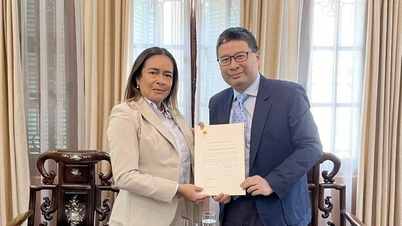
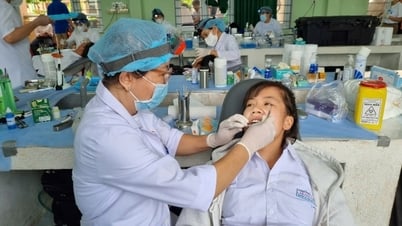

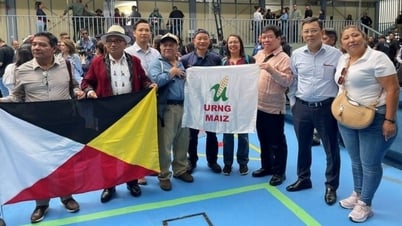
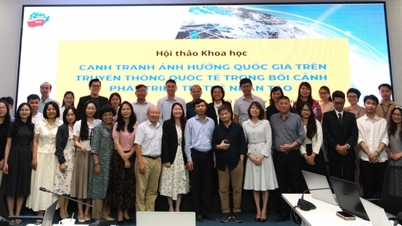






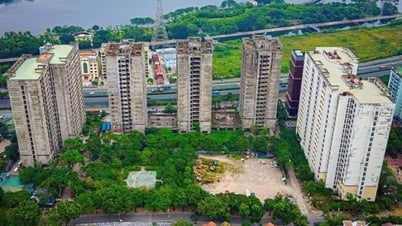
























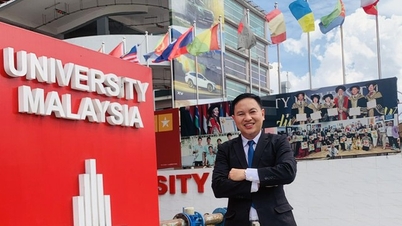
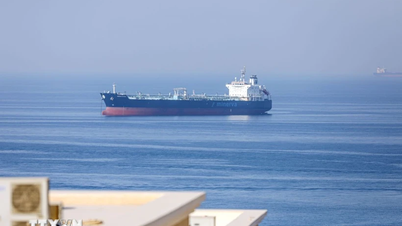





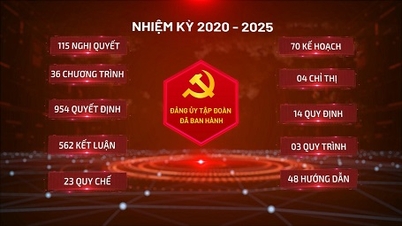


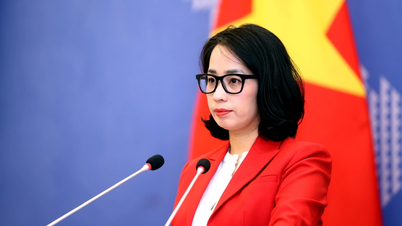


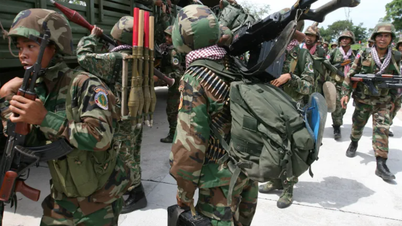





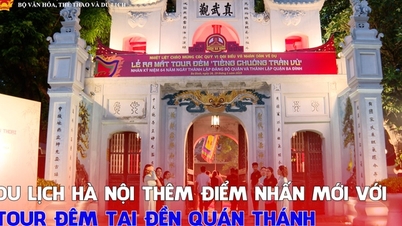
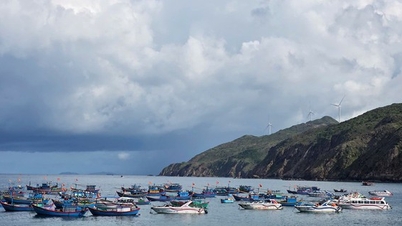

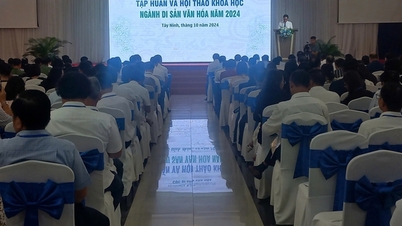
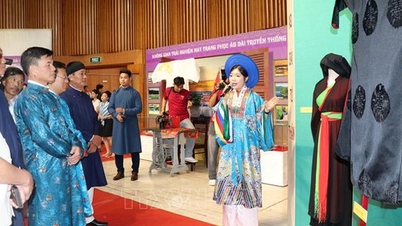
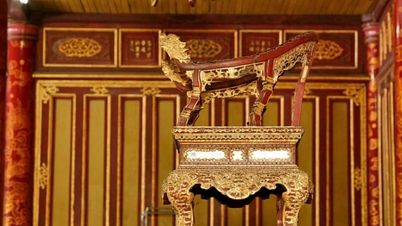

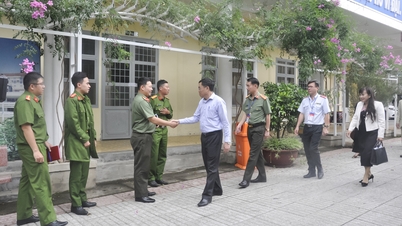

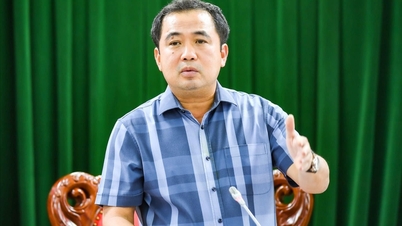

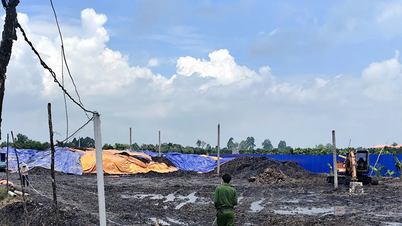
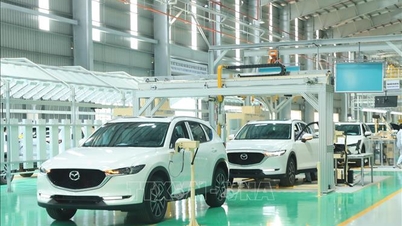

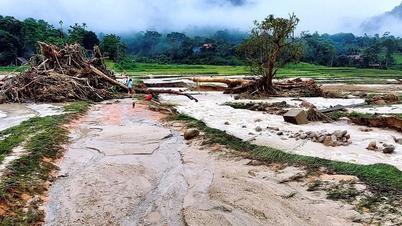











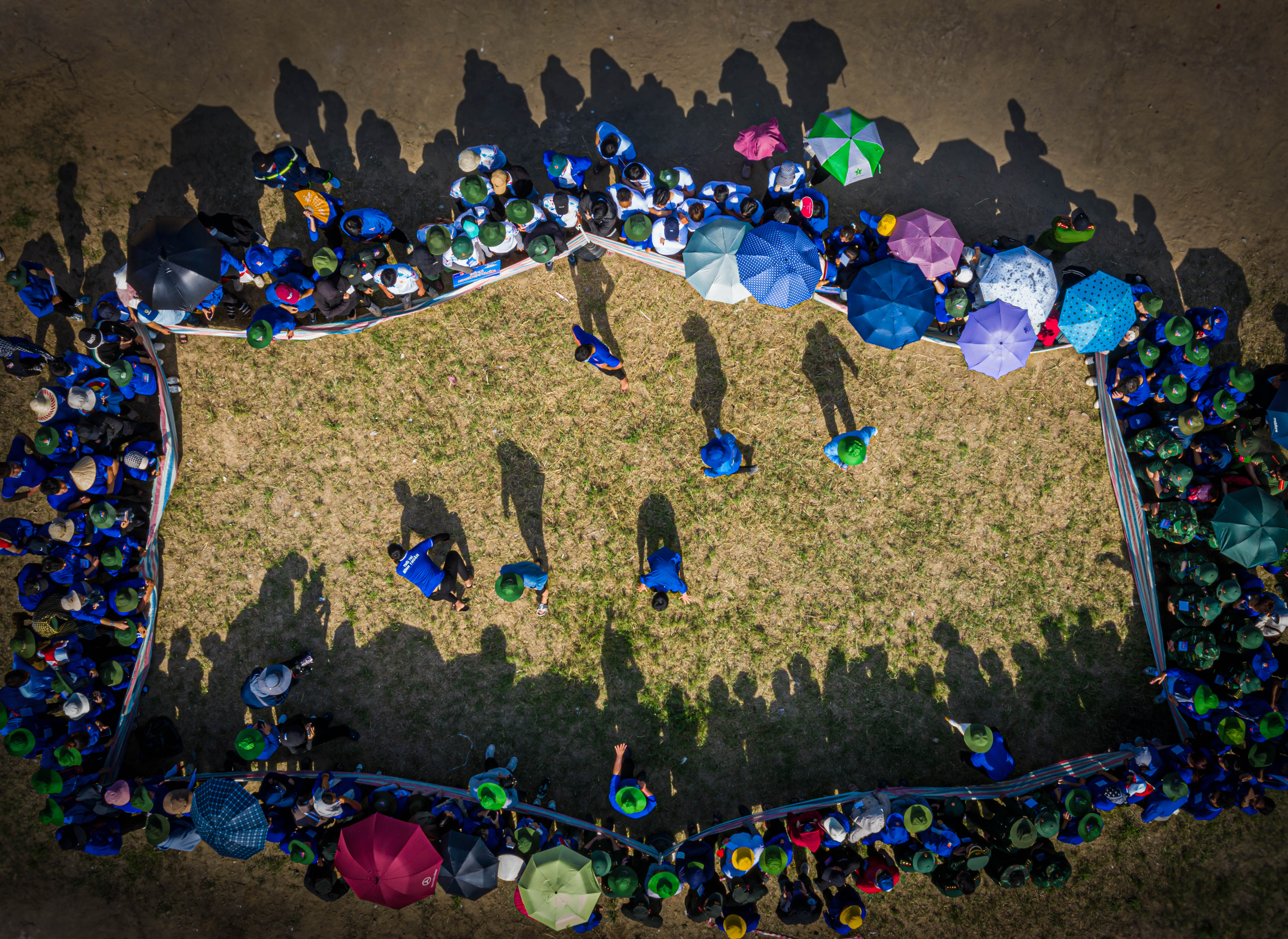



Comment (0)